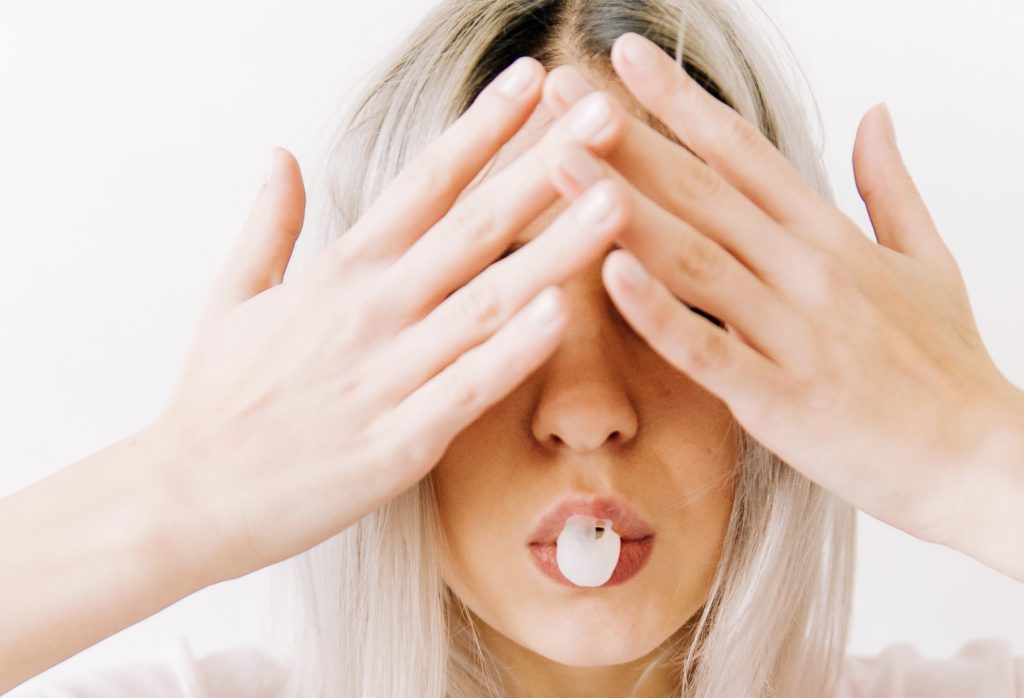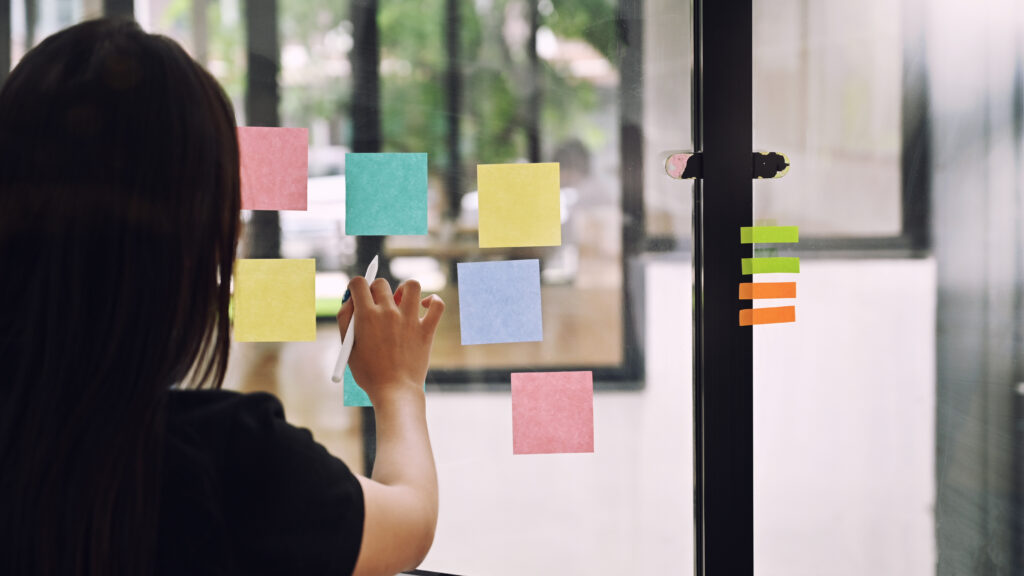As the semester progresses and exams loom closer, it’s easy to become overwhelmed and stressed. We all know it’s important to stay calm and relaxed during exam season, but that can be difficult when there’s just so much study to do. Here are some easy ways to relieve stress that will fit your fast-paced student lifestyle, keep you relaxed while you’re poring over your books, and that are entirely free.
Progressive Muscle Relaxation
PMR, or Progressive Muscle Relaxation, is one of the easiest ways to relax and relieve stress, and you can do it without even leaving your chair. The muscles in your body tense up while you’re stressed or anxious, so manually tensing and releasing them will cause your muscles to naturally relax. PMR works by concentrating on different muscle groups and tensing them for 10 to 20 seconds before relaxing them.
Start at your feet, curling your toes up and tensing your muscles, and slowly work your way up your legs, abdomen, arms, neck, and face, tensing and then releasing your muscles. This technique is also great for helping you get to sleep, especially after a long day of studying.
Comfort Content
Sitting down to enjoy your favourite funny TV show, movie or book is great for aiding stress, because laughter truly is the best medicine. It produces endorphins, increases your oxygen intake, and relaxes your muscles. Listening to music also has the same effect; it can help soothe and relax you and get you in a good mood.
Catch up with a friend
Hanging out with a friend or family member can also decrease stress levels, as spending time with a loved one can reduce the number of stress hormones in your body. If your friend or family member isn’t physically available, even the sound of their voice can relieve tension. And as with your favourite funny TV show, laughing with friends also releases endorphins, which contributes to making you feel happier and less anxious.
Exercise
Exercise is excellent for relieving tension and helping with some of the physical side effects of stress. Physical exercise tenses and then relaxes your muscles, which, like PMR, causes your body to calm down. Completing a vigorous workout can reset your breathing (which prevents hyperventilation) and regulate your heartbeat. Exercise also releases endorphins, which can make you feel relaxed and happy, and decreases stress hormones. Even taking a breezy walk can be a circuit-breaker.
Chew Gum
You’ve probably got some gum lying around already, so it’s time to get chewing. While it may not seem like an obvious stress-buster, studies have shown that chewing gum can actually relax you. It decreases the number of stress hormones in your body and makes you feel more attentive and calm. A clenched jaw, as well as jaw pain, can often be side effects of stress, so chewing gum can help ease jaw tension.
The familiar movement of chewing can also help ground you and bring you back to the now. Stress often starts with worries over future problems, but focusing on chewing can keep you mindfully present.





